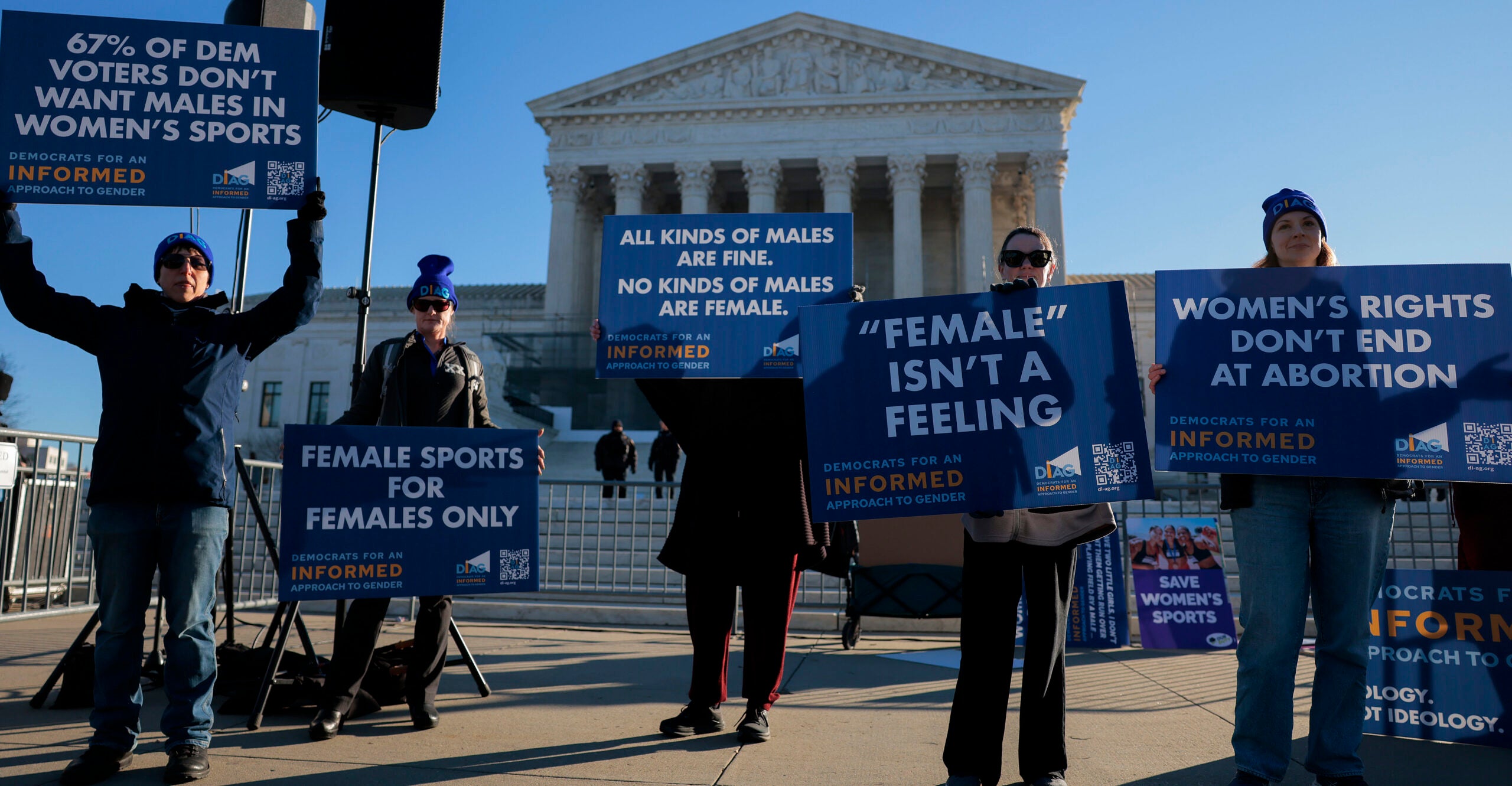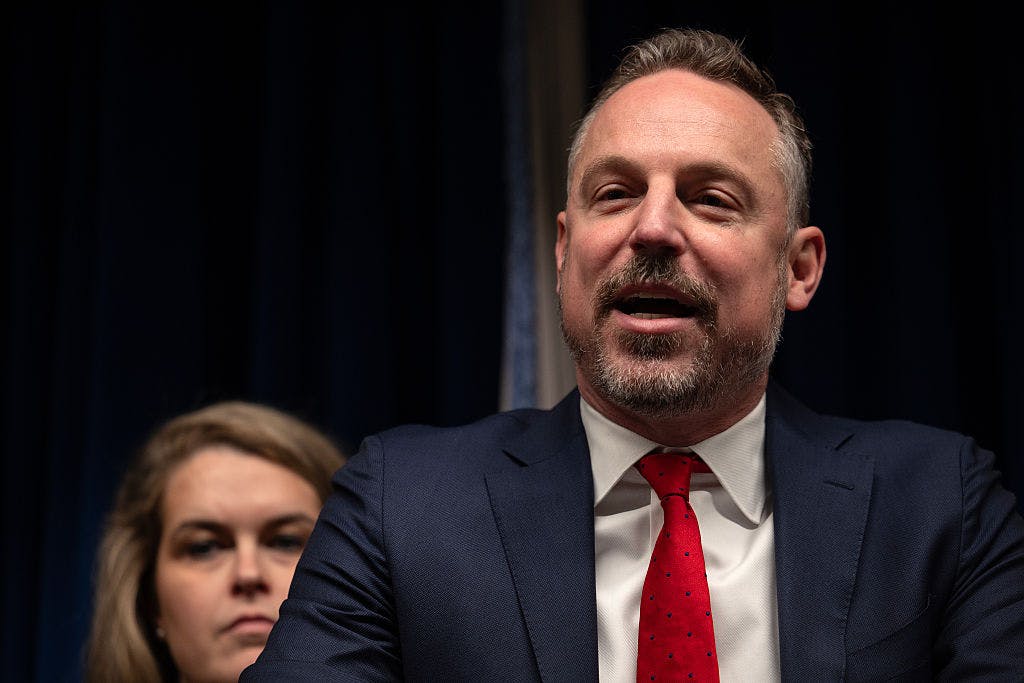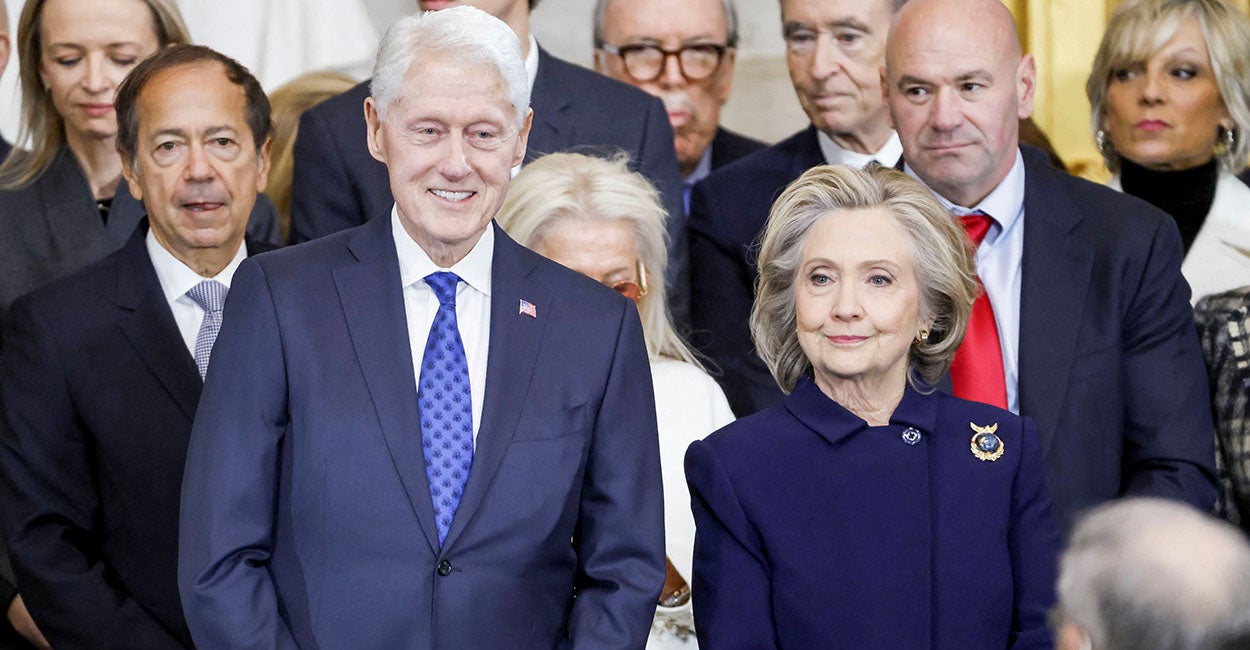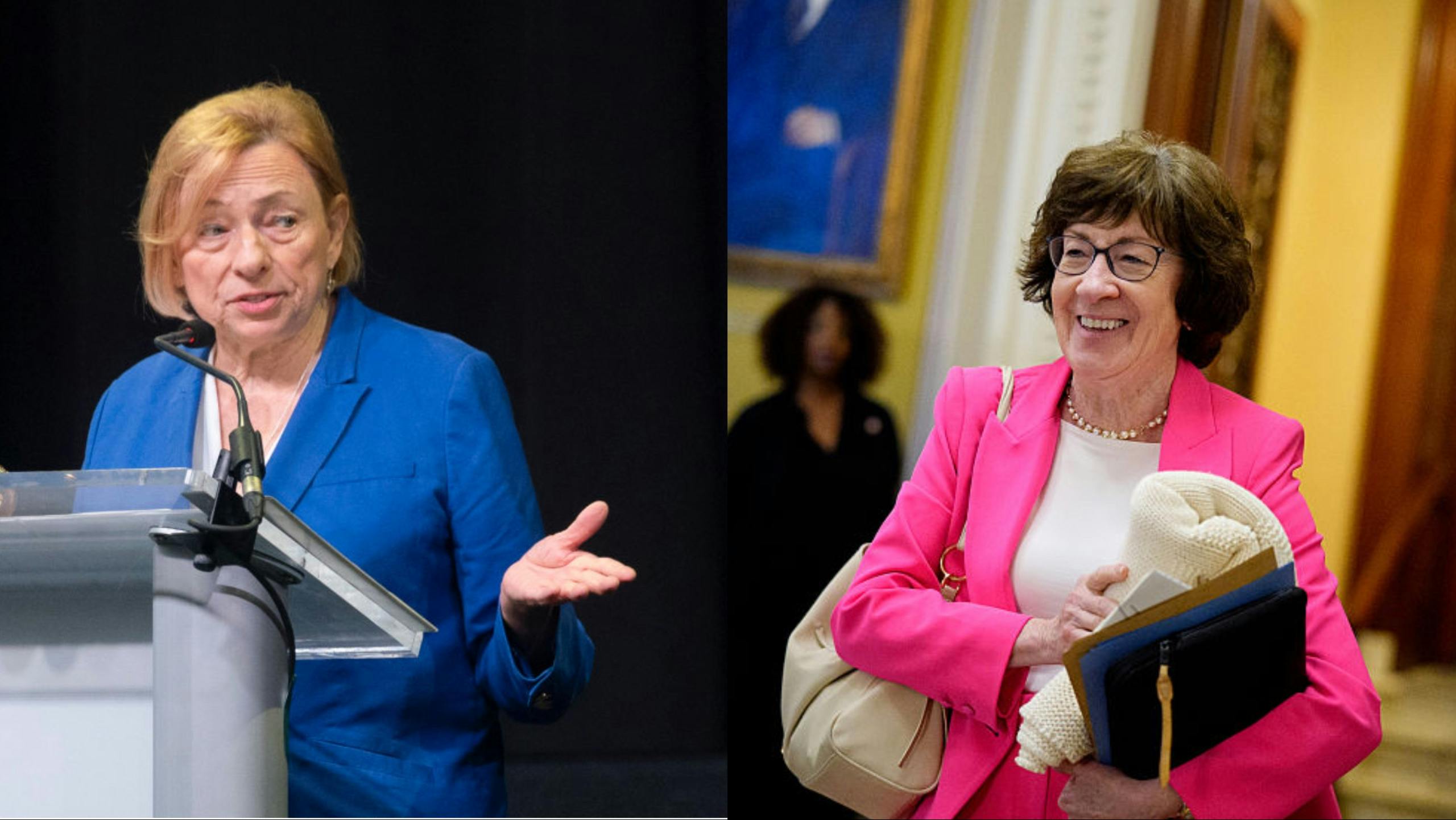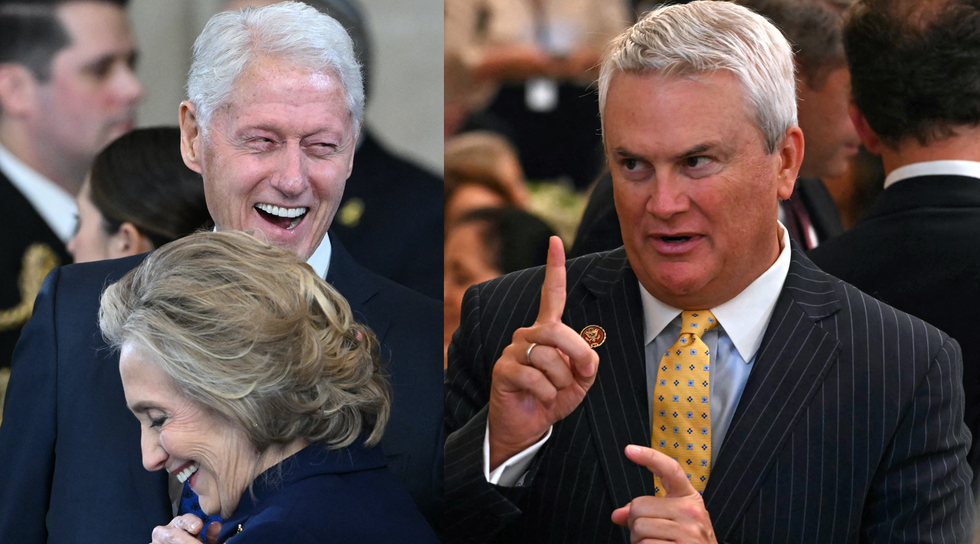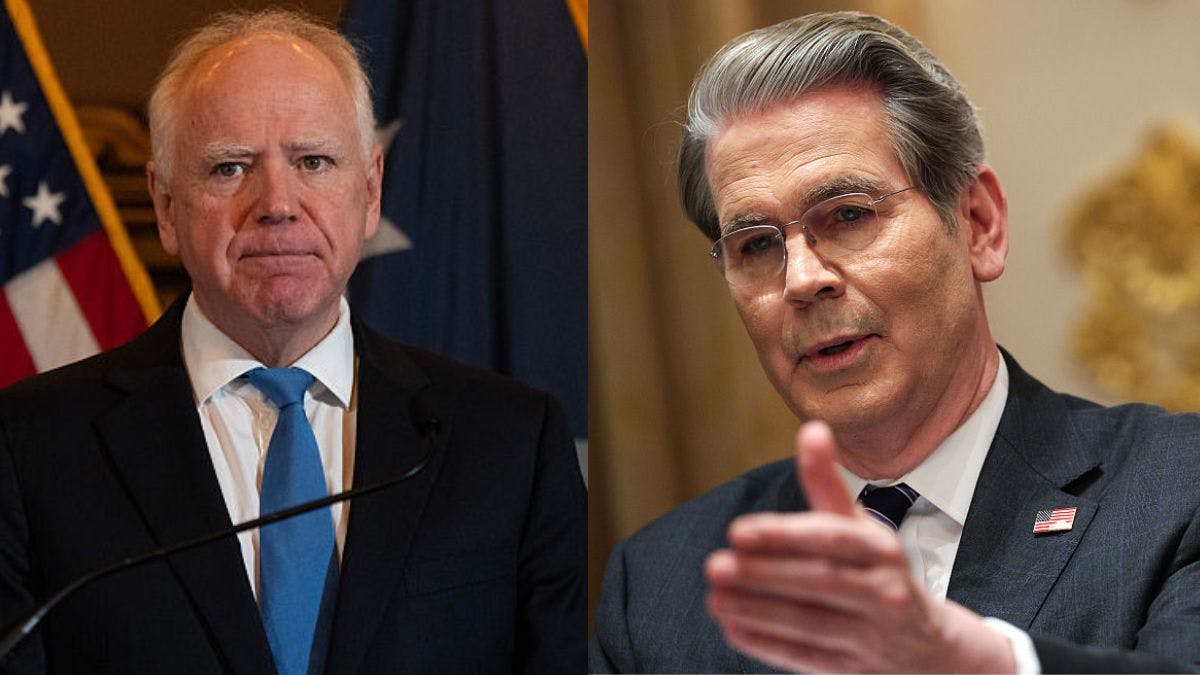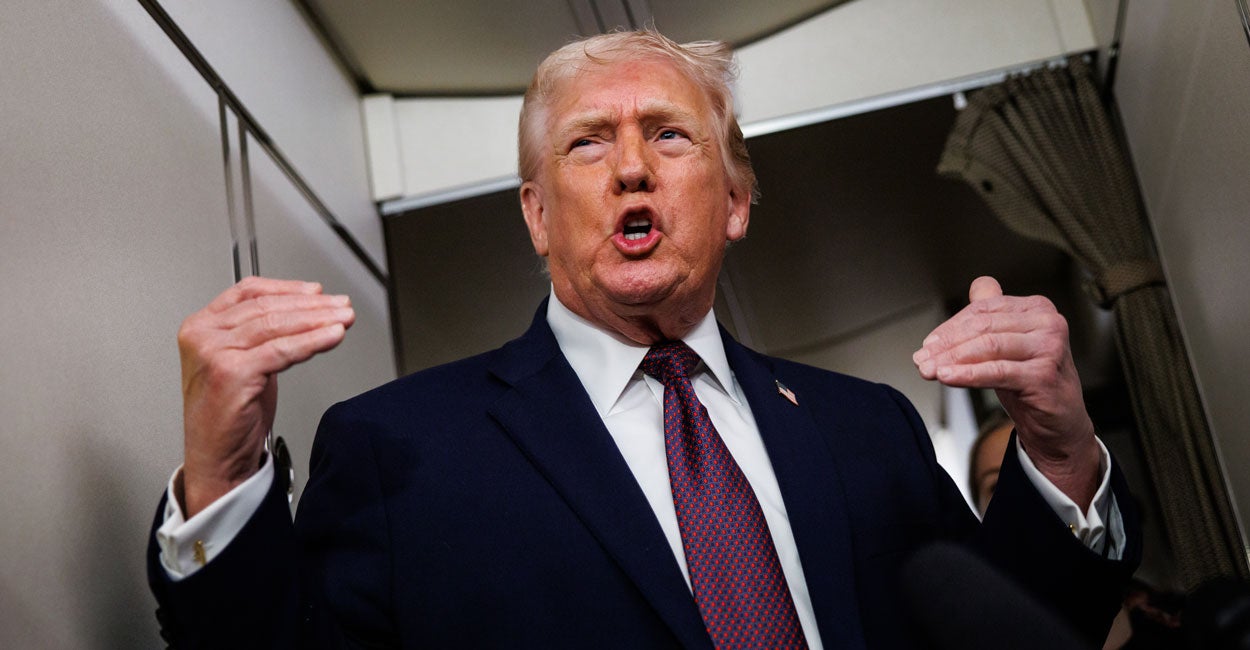How the Senate can haul Trump’s nominees across the finish line
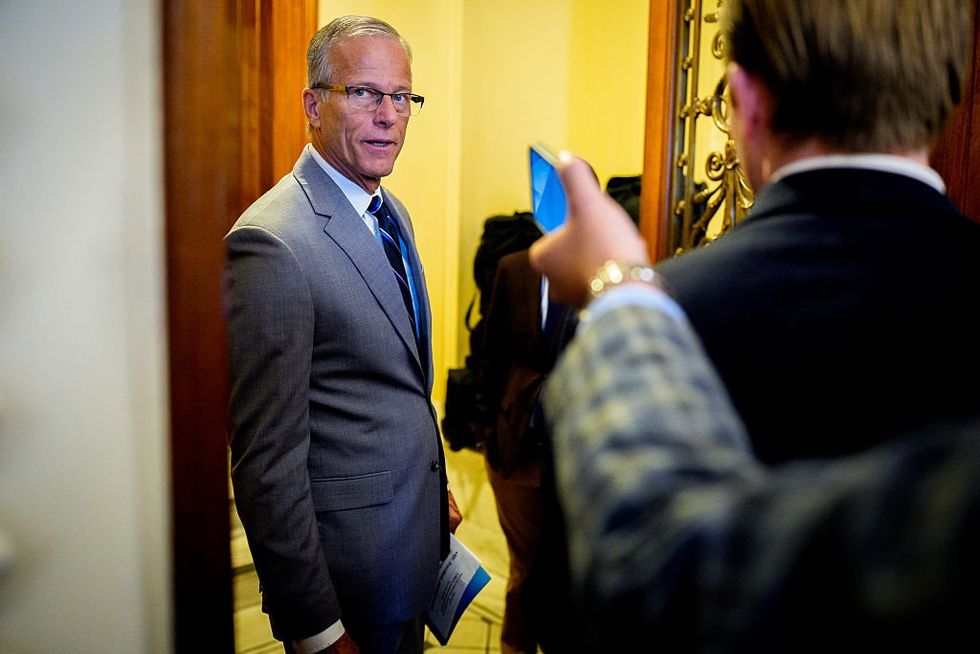
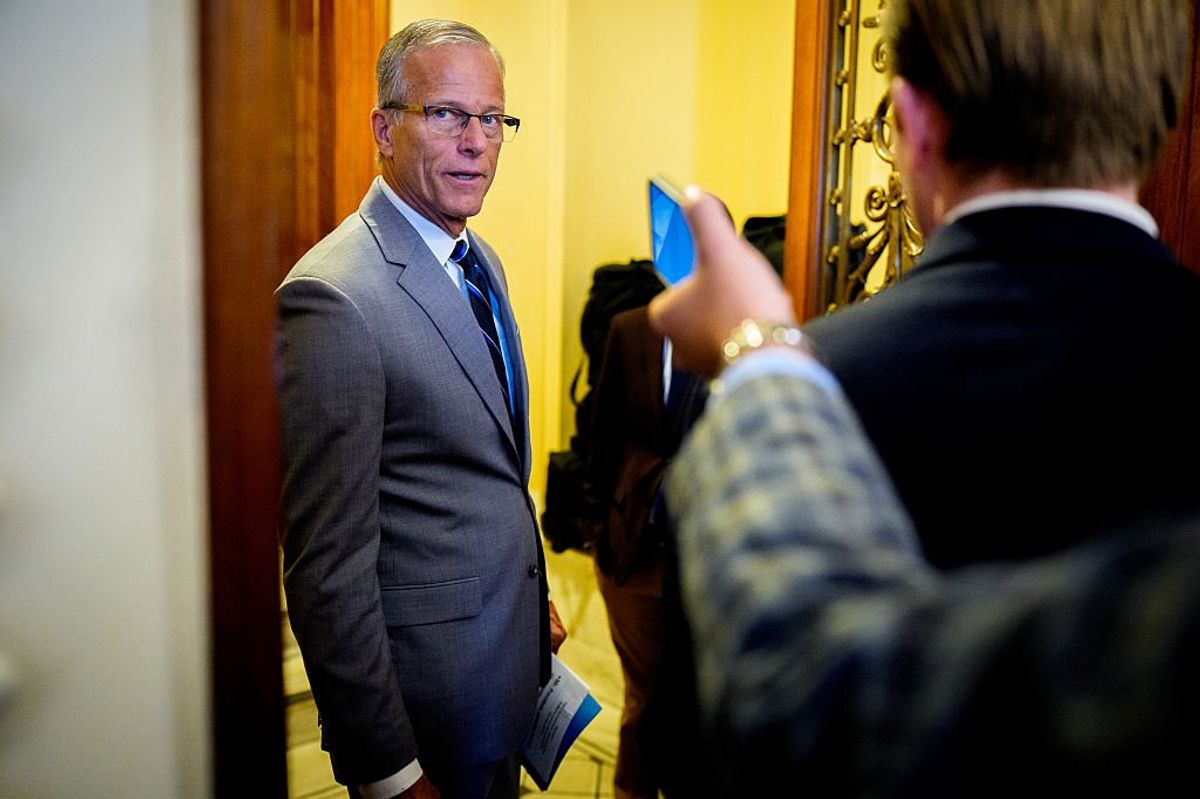
More than 150 of President Trump’s nominees still await confirmation. Democrats refuse to budge. Without unanimous consent, the process would require over 4,000 hours of debate — time the Senate doesn’t have.
Live Your Best Retirement
Fun • Funds • Fitness • Freedom
The clock is ticking. The chamber plans to adjourn Tuesday for recess.
Key vacancies leave major gaps across the federal government — and the Senate has no excuse.
Trump’s first term proved the importance of having the right people in place. Personnel is policy. Without confirmed appointees, the administration can’t fully execute its agenda.
Senate Majority Leader John Thune (R-S.D.) faces three options. He can pressure Democrats to relent and agree to fast-track confirmations. He can formally declare a recess, giving Trump the authority to make recess appointments that last through the end of his term. Or he can pursue a hybrid approach — squeezing Democrats procedurally while preparing the paperwork for immediate recess action.
But waiting is not an option. Every day of delay empowers the bureaucracy Trump came back to dismantle.
As of Tuesday morning, 138 traditional White House nominees remained stuck in Senate limbo. Another 16 privileged nominees — those eligible for expedited consideration — and several military promotions have also cleared committee but await floor votes.
These aren’t fringe appointments. Each has already undergone vetting, public hearings, and secured majority approval in respective committees. All that remains is a vote.
Yet, the Senate continues to stall.
Take just one example: Not a single U.S. attorney has been confirmed. The administration has begun referring cases to the Justice Department, but without Senate action, key prosecutors remain on hold. Five U.S. attorney nominees have cleared committee and now sit idle on the Senate calendar.
The delay extends to critical foreign policy and national security posts.
Ten weeks into Trump’s second term, the United States still has no ambassador to the European Union. The Vatican — central to diplomatic efforts in an increasingly unstable world — also lacks an American envoy.
The backlog includes the nominee for undersecretary of the Treasury for terrorism and financial crimes, the director of the National Counterterrorism Center, and the undersecretary of State for arms control and international security.
Also stuck: the assistant secretary of Labor for mine safety and health, six Defense Department nominees, nine military service nominees across the Army, Navy, and Air Force, and three undersecretaries and assistant secretaries at the State Department.
These vacancies leave major gaps across the federal government — and the Senate has no excuse.
The old confirmation process depended on unanimous consent to move nominees forward. That tradition began to erode when Democrats started blocking President George W. Bush’s picks. Republican resistance to President Obama accelerated the breakdown, and by Trump’s first term, the system had collapsed into gridlock.
To sidestep the dysfunction, Thune would need to file for cloture, wait two days, and then allow up to 30 hours of debate for top-level nominees — such as deputy secretaries and ambassadors — or two hours for lower-tier appointments like assistant secretaries.
That slow-motion slog won’t cut it. With more than 150 nominees pending and recess looming, the clock is already working against him.
Instead, Thune must flush Democrats out of their bunkers. President Trump has already urged him to delay or cancel recess. But polite requests won’t move the needle. Hardball will.
Thune should launch a confirmation marathon. Don’t put up five nominees — put up 50. On paper, that could mean 1,500 hours of debate. In practice, Democrats will eventually tire of the filibuster and cave. At some point, they’ll agree to unanimous consent just to end the ordeal.
The alternative? Let the president bypass them entirely with recess appointments.
Thune holds a powerful card: the threat of an official Senate recess.
While headlines routinely claim Congress is “in recess,” the Senate hasn’t entered a formal recess in decades. Here’s why that matters: Under the Constitution, once the Senate recesses for 10 days or more, the president gains the power to make “recess appointments.” That authority allows him to install nominees without Senate confirmation — for the remainder of the chamber’s term. In this case, that means until January 2027.
Senators don’t like giving up that power. To prevent it, someone usually shows up every three days to gavel in and declare the Senate “in session,” even if no real work gets done. But Thune can break that pattern. He just needs two things: House approval — which should be easy — and the support of 51 senators.
That second part will be more of a challenge. Republicans may need to cut a deal with someone like Sen. Susan Collins, the Maine moderate who rarely misses a vote and has little patience for procedural brinkmanship.
If Trump secures the recess and installs his nominees, they’ll serve for the next 18 months. Even if Republicans lose the majority in November, the Senate can return in 2026 and retroactively confirm those same appointees. Nominees who’ve already cleared committee won’t need to repeat that step — but they’ll still face the full gauntlet of Senate debate.
The move would restore function to a stalled government — and hand Trump the team he needs to finish the job.
National radio host Vince Coglianese spotlighted the plan on his Tuesday show. It’s clever — and entirely justified. But not everyone’s on board. Plenty of Senate veterans bristle at the idea of recess appointments, especially if it means Democrats might one day do the same. That discomfort doesn’t matter. At some point, this move needs to be on the table.
That time has come.
The Senate despises missing recess even more than it fears recess appointments. And to be fair, skipping the break isn’t just about junkets and downtime. Senators need time back home to campaign, connect with voters, and sell the One Big Beautiful Bill Act. Republicans know they must define their record to hold the majority. Democrats know they must distort that record to win it back.
But logistical strain is real, too. Sen. Chuck Grassley (R-Iowa) may seem immortal, but he’s 91. He’s not the only aging lawmaker still clocking in. Call it a structural flaw in our system, but it’s one Thune and the White House legislative affairs team can’t ignore.
Still, excuses won’t do. The president won a national mandate. Senate Democrats have turned debate itself into a weapon to block Trump from building the government voters chose.
We’ve already seen what happens when Trump doesn’t have the right people in place. That mistake can’t be repeated. This fight may be messy, but it’s necessary — and winnable. Thune just needs to hold the line.
Blaze News: Business spending reaches near 30-year high under Trump: 'It's the real deal'
Sign up for Bedford’s newsletter
Sign up to get Blaze Media senior politics editor Christopher Bedford’s newsletter.
Originally Published at Daily Wire, Daily Signal, or The Blaze
What's Your Reaction?
 Like
0
Like
0
 Dislike
0
Dislike
0
 Love
0
Love
0
 Funny
0
Funny
0
 Angry
0
Angry
0
 Sad
0
Sad
0
 Wow
0
Wow
0
